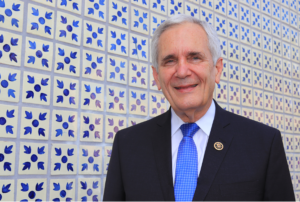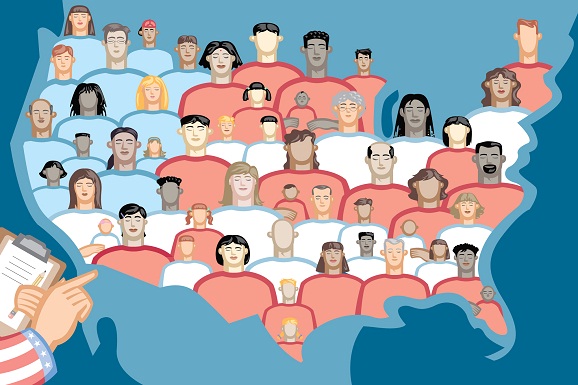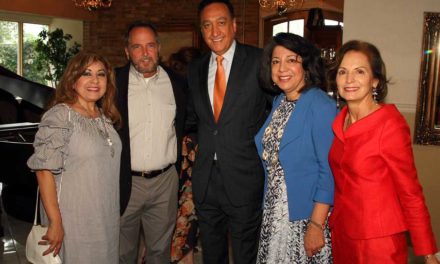 By: U.S. Representative Lloyd Doggett (D-San Antonio)
By: U.S. Representative Lloyd Doggett (D-San Antonio)
In a time of great division, we should unite for a complete census count. Recently, at El Progreso Hall, to dedicate the new census office I joined the Tafolla Middle School Mariachis, Lanier High Color Guard, State Rep. Bernal, Commissioner Rodriguez, Councilmember Viagran, and former Councilmember Mary Alice Cisneros, and many others.
This upcoming 2020 census is a once-in-a-decade recording of who lives where in our community. While the census taking beginsApril 1, 2020, we are beginning now to build understanding and encourage neighbors to help count neighbors by applying for available jobs at 2020census.gov/jobs, 1-855-JOB-2020.
The census represents a crucial way to express ourselves so that our government’s resources—through our tax dollars—work for us. Nine years ago, during the last census, Hispanic communities were undercounted—particularly in Texas. This time, Trump attempted to deliberately discourage participation in the census from some Hispanic families by insisting upon posing a citizenship question. While that manipulation was fortunately rejected by the Supreme Court, the publicity surrounding it undoubtedly will continue to mislead some. This wrong has been magnified by Trump’s rampant hate speech and the stirring of anti-immigrant hysteria. And even local efforts to inform immigrants to “know your rights” may encourage some to keep their doors closed to any government official.
Together, we must overcome these obstacles. Census workers do not work for ICE and cannot report to ICE. For every person living in the United States, regardless of citizenship, it is free, safe, and private to respond to the Census. We must not yield to fear.
What we do now will impact our area and beyond for years. Our efforts are particularly important because, unlike many states, Texas has contributed no funding to promote mobilization and has not even created a complete count task force. We have to make up for this failure of state Republican leaders by redoubling our local efforts.
Based on the Census count, the federal government decides: How many members of Congress represent us and what monies are available for Medicaid, food security, roadways and public transportation, affordable housing, children’s healthcare, and early childhood education. A grade of 99 is normally outstanding, but an undercounting by even one percent could result in a loss of $300 million each year for Texas. The data gathered will also influence how district lines are drawn to assure accessible school trustees, city councilmembers, county commissioners, and state representatives.
Everyone in Bexar county counts—the immigrant who just arrived, those trying to overcome homelessness, and the family whose ancestors date to our city’s 301-year-old origin.
The strength of our census efforts will set the course for how well San Antonio is represented and reflected in our democracy.











